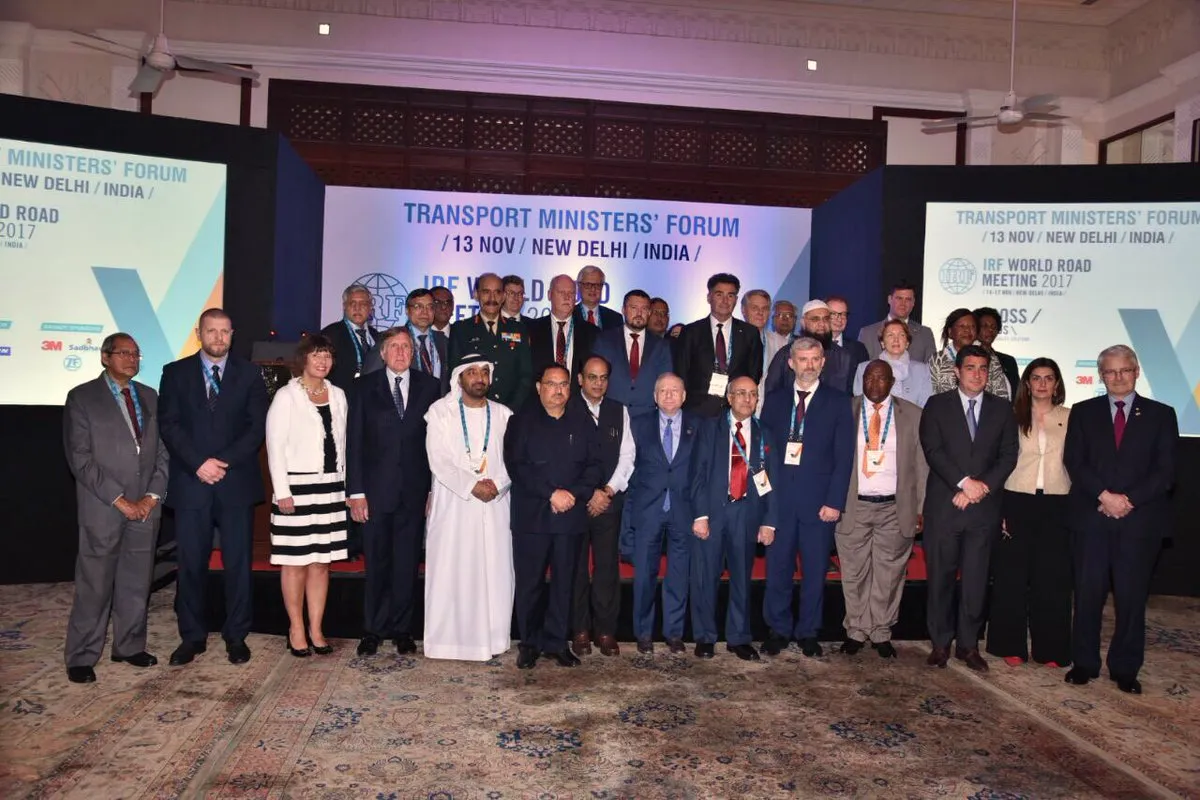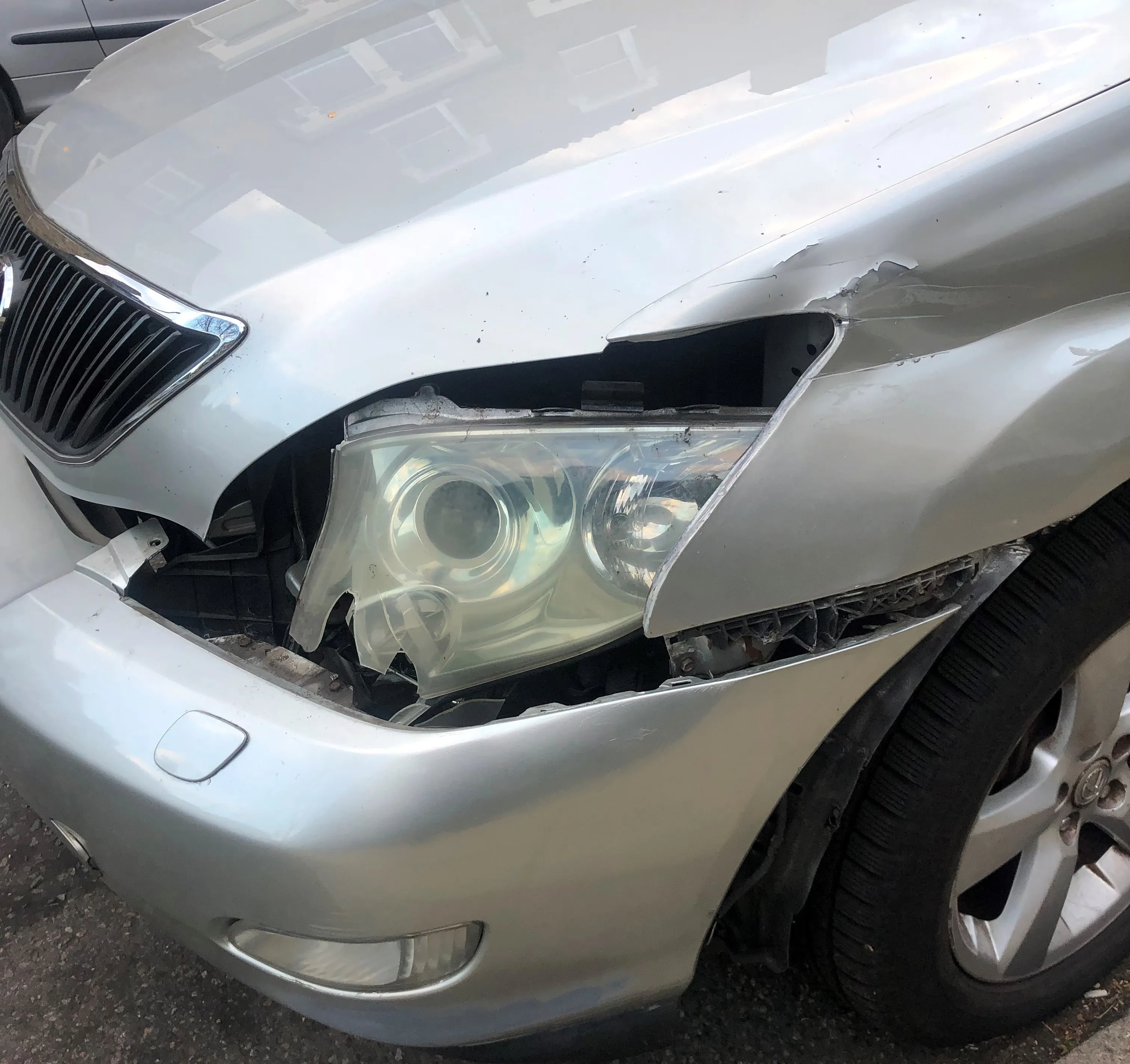
Bloomberg Philanthropies has commissioned a new road safety report that shows 42,000 lives could be saved and 150,000 serious injuries prevented by 2030. This could be achieved if all new cars in seven G20 countries were required to be equipped with an inexpensive crash avoidance technology, starting this year. This report was released at the Transportation Research Board’s annual meeting in Washington, DC.
At present 13 G20 counties currently adhere to United Nations regulations on electronic stability control (ESC). If the seven remaining countries—Argentina, Brazil, China, India, Indonesia, Mexico and South Africa—also mandated ESC in 2020, the report estimates US$21.5 billion in economic benefit to those countries from the prevention of deaths and serious injuries. Argentina and Brazil are due to start applying ESC regulations in 2020.
The UK-based Transport Research Laboratory (TRL) conducted the independent study of costs and benefits of applying ESC regulation in G20 countries, which are responsible for 98% of the world’s passenger car production. This report comes before the 3rd Ministerial Conference on Road Safety in Stockholm, which is the largest gathering of governments and is a key opportunity for adoption of this UN-recommended standard.
David Hynd, Chief Scientist at TRL, said: “Our report helps countries see the impacts from immediately implementing mandated ESC regulations in cars and hopefully spurs action to save move lives and make roads safer.”
According to the World Health Organisation’s Global Road Safety Report, there were 1.35 million road traffic deaths in 2016. Of all vehicle safety features, electronic stability control is regarded as the most important one for crash avoidance since it is 38% effective in reducing the number of deaths in loss-of-control collisions. In the United States, the first G20 country to adopt ESC regulation, government figures show that nearly 2,000 lives were saved by ESC in 2015.
Kelly Henning, Director of Public Health at Bloomberg Philanthropies, said: “We have ample evidence that electronic stability control reduces the number of fatal collisions on the road. Given this new analysis finding that the benefits of ESC regulations would outweigh the relatively inexpensive costs, all remaining G20 countries should urgently require the safety technology in cars.”
ESC tries to prevent skidding and loss of control in cases of over-steering and under-steering. The technology continuously monitors a vehicle’s direction of travel, steering wheel angle and the speed at which the individual wheels are rotating. If there is a mismatch between the intended direction of travel and the actual direction of travel, as indicated by the steering wheel position, ESC will selectively apply the brakes and modulate the engine power to keep the vehicle traveling along the intended path.
The cost of implementing ESC on vehicles that already contain anti-lock braking systems is thought to be as little as $50/car. And the report finds the benefits are significant: For every dollar spent by consumers in purchasing vehicles with these technologies, there is a $2.80 return in economic benefit to society because of the deaths and serious injuries avoided.
The analysis warns that without regulation of ESC, the seven remaining G20 countries will only reach 44% installation of ESC by 2030. However, if all seven countries implemented ESC regulations this year, 85% of the total car fleet in G20 countries will have ESC by 2030. This is still below the United Nations target of 100% ESC fleet coverage by 2030, so other measures, like consumer information, could help achieve the goal of 100% ESC coverage.
David Ward, President of Global New Car Assessment Programme, said: “Each year’s delay in requiring electronic stability control fitment in all new cars results in thousands of avoidable deaths. Countries must do more to ramp up vehicle safety standards and meet UN targets.”







